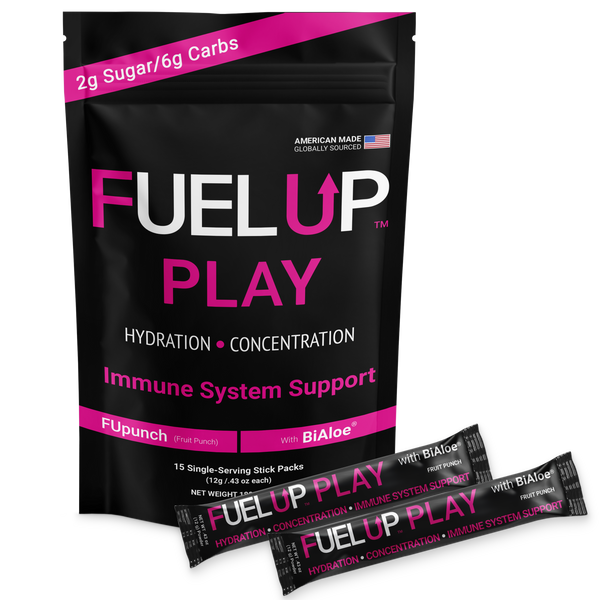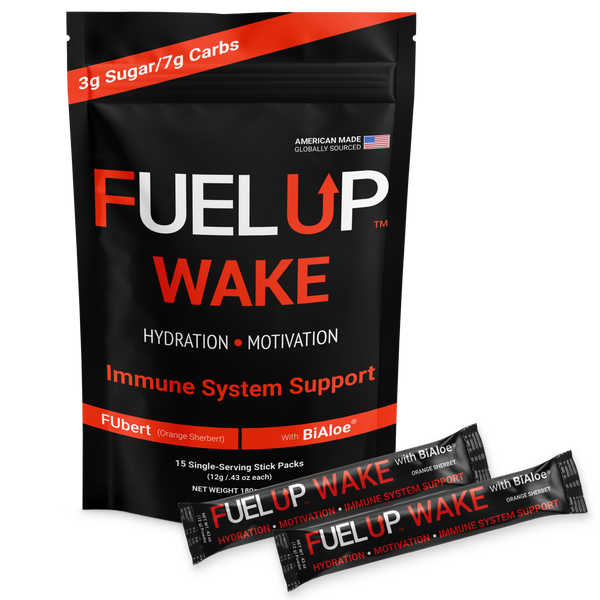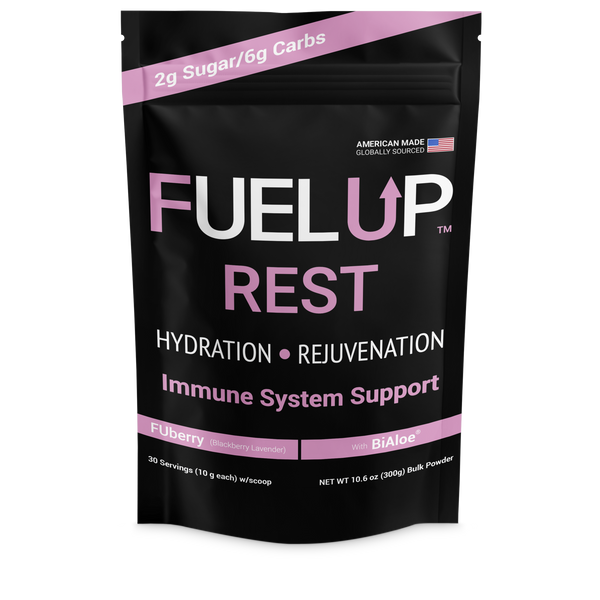We all know hydration is crucial, but do you know the subtle signals your body sends when it needs more water—and how thoughtful nutrition plays a key role in recovery? Unlock the science-backed link between hydration and nourishment, and empower yourself to feel your best every day.
The Not-So-Obvious Signs of Dehydration
Dehydration doesn’t always announce itself with raging thirst. In fact, by the time you feel thirsty, your body may already be running low on fluids. Here are some lesser-known symptoms to watch for:
-
Low Energy & Fatigue: Even mild fluid loss can make workouts feel harder and daily tasks seem more draining.
-
Headaches & Difficulty Concentrating: Dehydration can reduce blood flow to your brain, leading to foggy thinking and headaches.
-
Dry Skin & Chapped Lips: Skin often reveals the first signs. Look for dryness, reduced elasticity, or lips that crack easily.
-
Darker Urine: Clear or pale yellow urine is ideal; anything darker indicates a need to rehydrate.
-
Muscle Cramps or Stiffness: Electrolyte imbalance from fluid loss can cause muscle discomfort.
-
Dizziness or Lightheadedness: Especially after standing up quickly, this may signal your body needs more fluids.
Why Nutrition Matters for Hydration
Hydration isn’t just about what’s in your water bottle. The right nutrients help your body retain and use fluids more effectively:
1. Electrolytes—The Body’s Hydration Managers
Minerals like sodium, potassium, and magnesium regulate fluid balance at a cellular level. Without enough electrolytes, your body struggles to absorb and hold onto the water you drink—making rehydration less effective.
2. Vitamins for Fluid Balance & Recovery
Key vitamins, especially B-vitamins and vitamin C, support cell health and energy production. By maintaining a balanced diet rich in these vitamins, you help your body restore itself after exertion or mild dehydration.
3. Hydrating Foods
Many fruits and vegetables do double-duty: They provide water and nutrients simultaneously. Melons, cucumbers, oranges, and leafy greens can all boost hydration while delivering vital micronutrients.
Building Everyday Habits for Better Hydration and Nutrition
-
Start Each Day with Water: Before coffee or breakfast, drink a glass of water to kickstart hydration.
-
Pair Meals with Produce: Make fruits and vegetables a mainstay at every meal.
-
Snack Smart: Try snacks like orange slices, yogurt, or trail mix (with dried fruit and nuts) for a tasty nutrient-hydration combo.
-
Monitor Your Body’s Signals: Pay attention to the signs above. If you notice them, increase your water and nutritious food intake.
-
Support Recovery: After strenuous activity, aim to restore both lost fluids and essential electrolytes.
A Thoughtful Option: Fuel Up Hydration
When life gets busy or you’re training hard, achieving the right balance of hydration and nutrients can be a challenge. Purpose-formulated options like Fuel Up Hydration offer a convenient way to complement a healthy lifestyle, delivering key electrolytes and vitamins in a balanced blend. As always, pairing such products with a whole-food-rich diet and plenty of water is the best path to lasting well-being.
Listen to your body’s cues, make mindful nutritional choices, and prioritize hydration to support peak performance every day.





